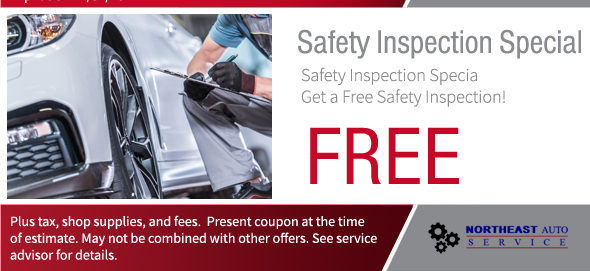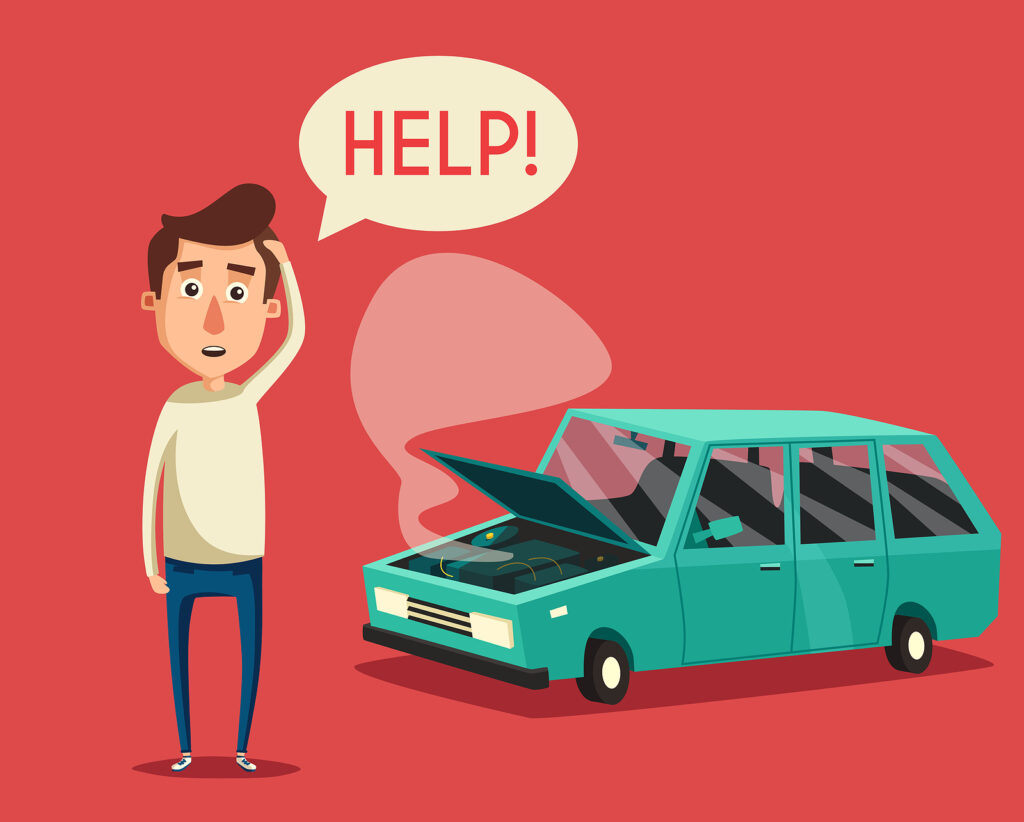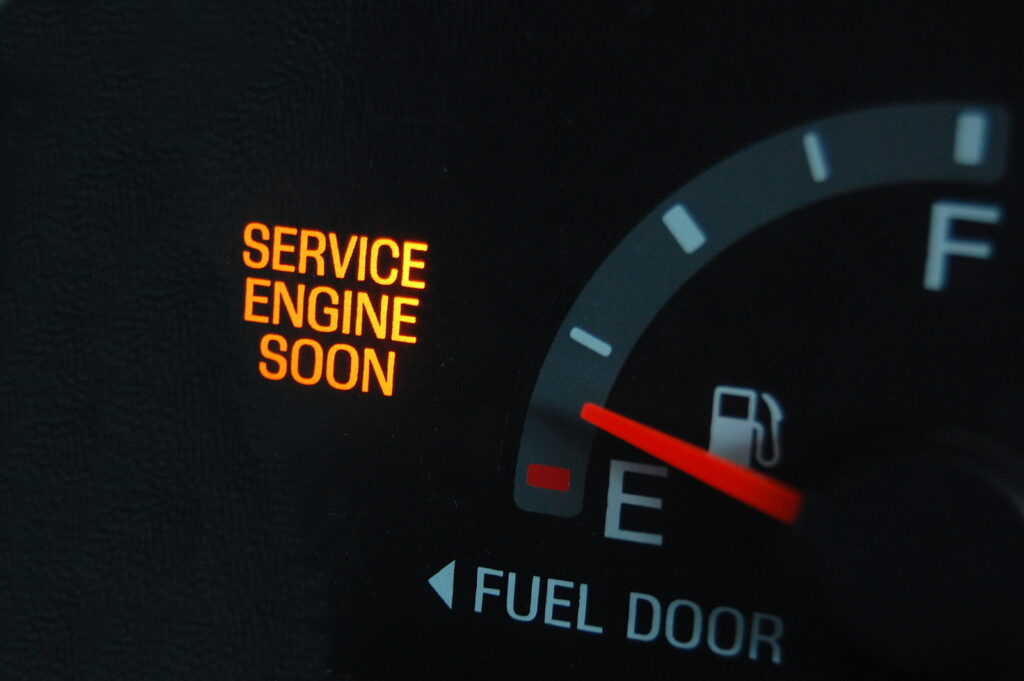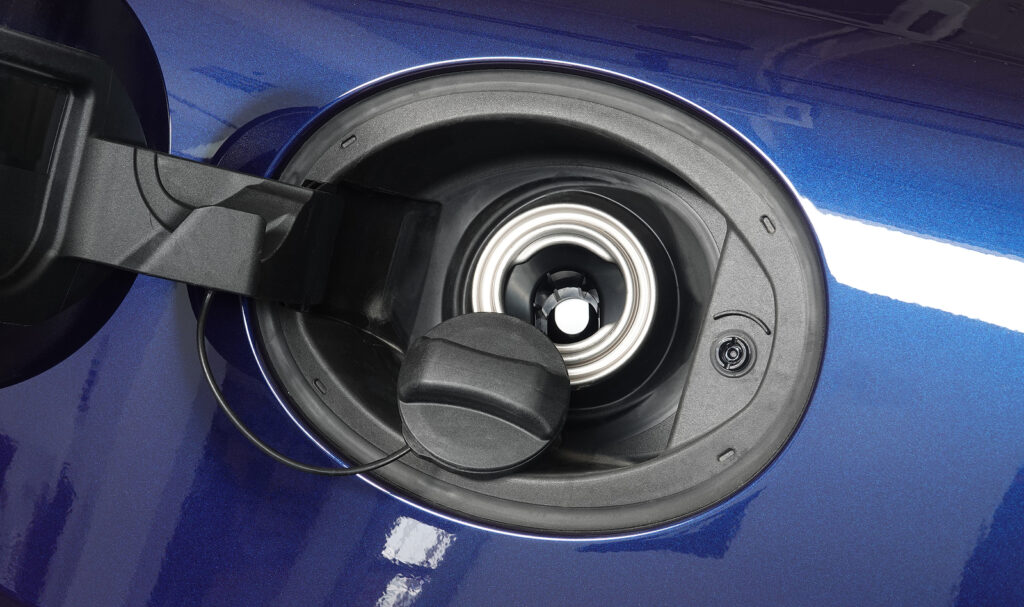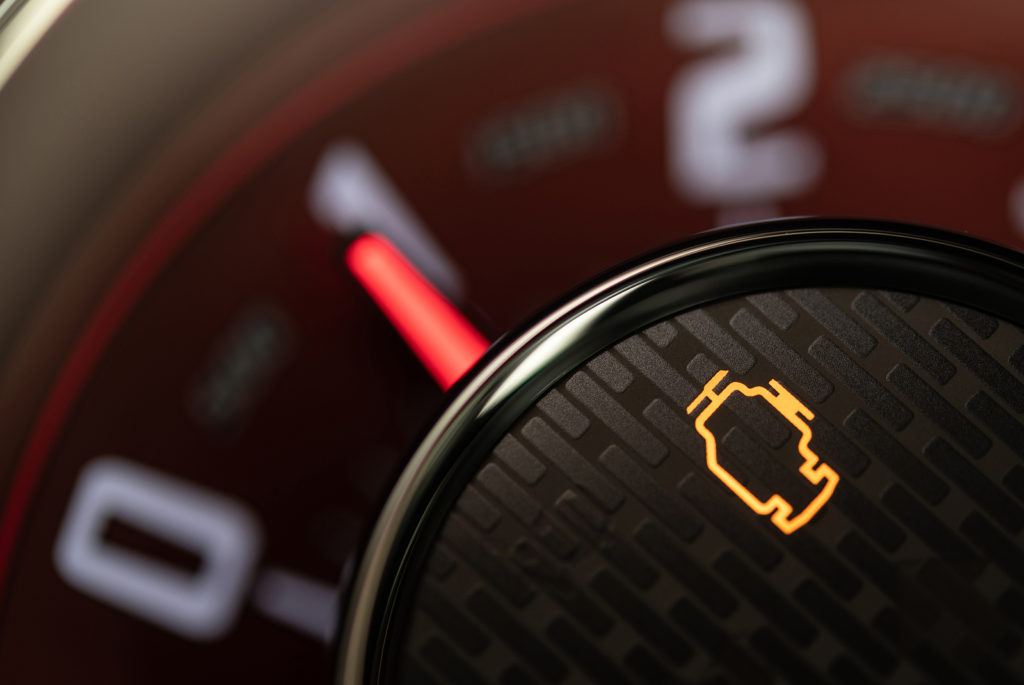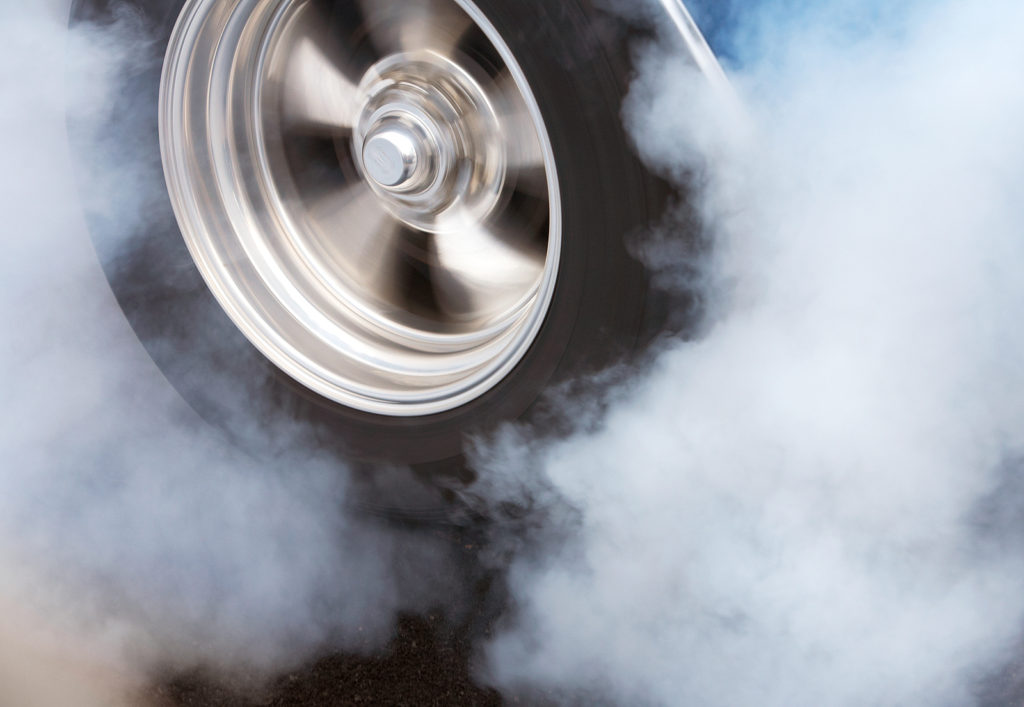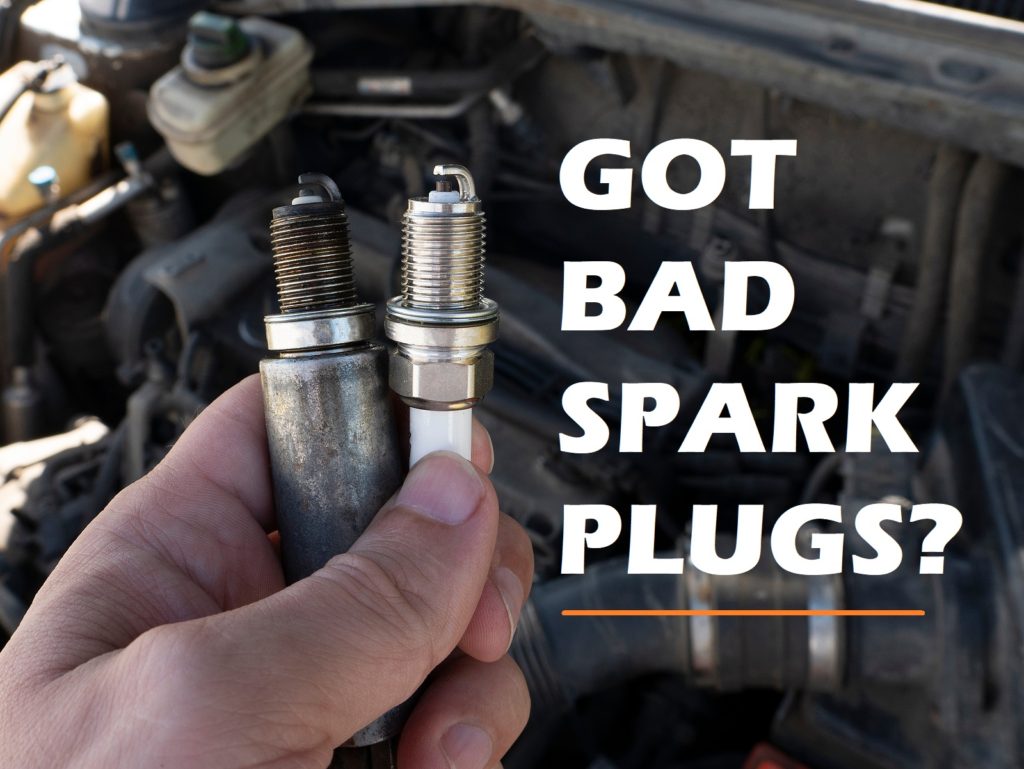Are you on the market for a new catalytic converter? One typically does not research facts about catalytic converters until their own begins to act up. Whether you are replacing or repairing a catalytic converter, some information about them can help you understand your best options for both.
Below are the top 4 facts about catalytic converters that most people do not know. These facts can give you some insight about their value, availability, importance, troubles, and more.

Top 4 Catalytic Converter Facts
Catalytic Converters Reduce Toxic and Harmful Emissions
Catalytic converters are vital auto parts because they are designed to abate the toxic emissions generated by burning fuel, which in turn, also helps to reduce air pollution. There are many harmful discharges a vehicle can produce, all of which can be detrimental to our health and the surrounding environment; but the primary are nitrogen gas, carbon dioxide, and water vapor.
Vehicles can also generate smaller, yet still very harmful emissions and gases, like carbon monoxide, nitrogen oxides, and volatile organic compounds (VOCs). Catalytic converters work against these emissions, reducing their spread into our atmosphere or destroying them altogether.
Catalytic Converters Contain Rare and Precious Metal
Have you been wondering why the cost to replace a catalytic converter is so high? Well, as you already know, catalytic converters play an important role in our vehicles. This level of emission control requires a material composition that can handle extreme temperatures, high pressure, and toxic discharges. For these reasons, catalytic converters are made from a variety of strong metals and metal alloys, some of which are precious metals.
Platinum, titanium, and rhodium are common precious metals used to manufacturer catalytic converters. Precious metals are rare, naturally-occurring elements with high economic value; so, if catalytic converters are expensive to make, they must be expensive to buy. On average, catalytic converter replacement costs between $975 and $2,500.
Catalytic Converters Were Not Always an Industry Standard
Because we now know the importance of catalytic converters, they are an industry standard in the automotive manufacturing industry. All vehicles, whether car, truck, sports utility, or van, come equipped with a catalytic converter. But this wasn’t always the case. Before 1975, catalytic converters were not a regularly incorporated into automobile design. In the seventies, laws and regulations began to arise in regard to the link between vehicles and air pollution.
Catalytic Converters Do Not Work Well in Cold Temperatures
Have you noticed that your car or truck doesn’t like to start up right away when it’s really cold outside? Well, that could be due to the fact that catalytic converters work best in high temperatures. When your car is cold, the catalytic converter will not kick in all the way until the engine has heated up. Fortunately, your trusted Indianapolis mechanic will have some solutions on how to improve your catalytic converter performance if this is a regular issue for you.
Are you experiencing performance or safety issues with your catalytic converter? Contact Northeast Auto Service at 317-475-1846 for licensed and insured car radiator and exhaust repair in Indianapolis, Indiana. Request a free estimate, or schedule service, today.
Related Posts:
Top 3 Signs You Need Catalytic Converter Repair
The Process of Automotive Catalytic Conversion
Top 4 Signs Your Car Needs Radiator Repair
